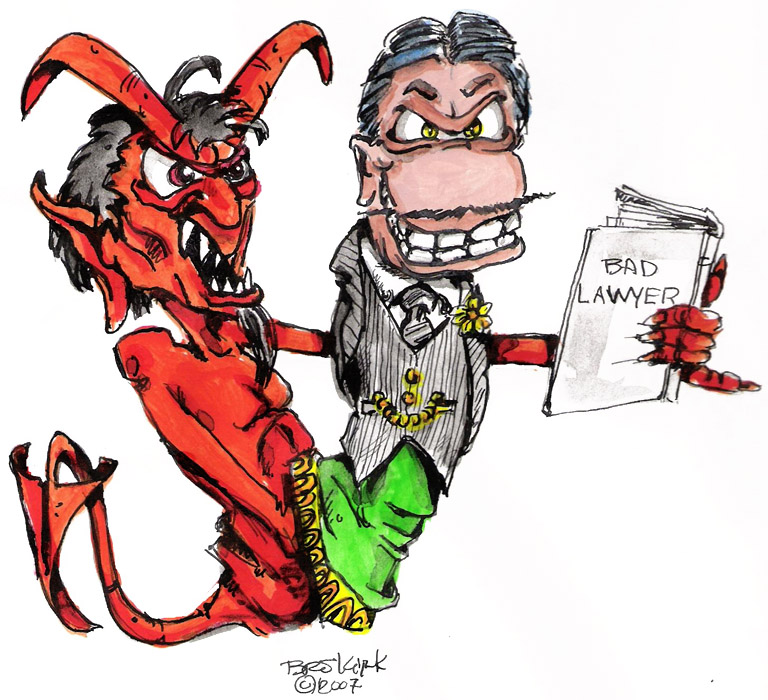 Libeling a Lawyer in Yelp Reviews Turns Out to be a Bad Idea
Libeling a Lawyer in Yelp Reviews Turns Out to be a Bad Idea
In case you’re ever in the position of wanting to get back at a lawyer, here’s some news from Florida: don’t get your revenge by posting a slanderous Yelp review, or you’ll be in the hole for $350,000.
The case concerns a divorcing couple, Copia Blake and Peter Birzon, and Blake’s lawyer, Ann-Marie Giustibelli. After the divorce proceedings had ended, the couple teamed up to leave bad reviews of Giustibelli on “various internet sites”, including Avvo and Yelp. Those reviews alleged all manner of very specific bad behaviour, for example:
No integrity. Will say one thing and do another. Her fees outweigh the truth. Altered her charges to 4 times the original quote with no explanation. Do not use her. Don’t mistake sincerity for honesty. In her case, they’re not at all the same. Will literally lie to your face if it means more money for her. Get someone else. . .. Anyone else would do a superior effort for you.
Unfortunately for the couple, Giustibelli decided the reviews (which were false), constituted libel, so being a lawyer, she sued. Both the initial court and the appeals court sided with Giustibelli, writing:
The couple’s defence was that the reviews constituted free speech, and as such are protected under the First Amendment. As the appeals court pointed out, that doesn’t so much matter if they’re making false factual allegations that caused harm. The case ended with the couple owing $350,000 in punitive damages to Giustibelli.
Funny and dumb though the case may be—not too many people are stupid enough to libel a lawyer numerous times online—it’s an important judgement. It rules that (in Florida at least) you have to watch what you say online, and false Yelp reviews can come back to haunt you. Sure, most cases aren’t as clear-cut as this—it’s hard to prove libel from an anonymous restaurant review of an over-done steak—but it still opens the door to a ton more litigation.